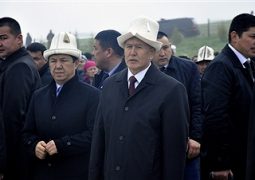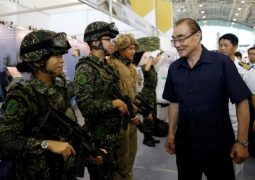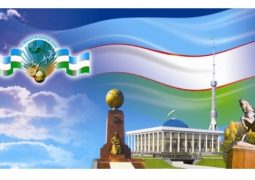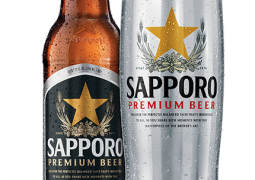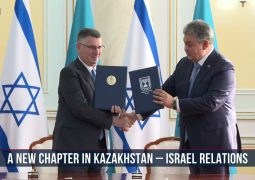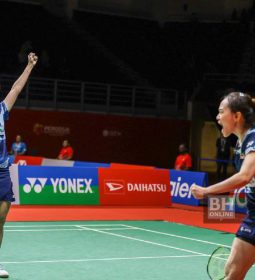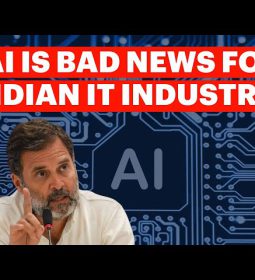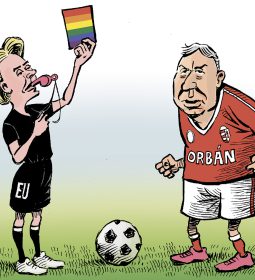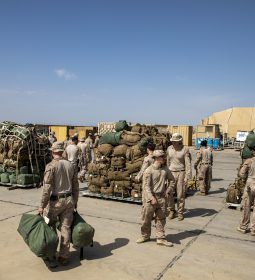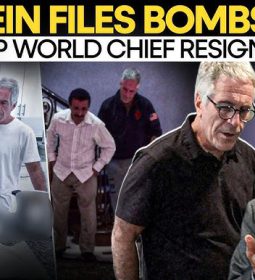US envoy says Russia still stands with Maduro, contradicting Trump
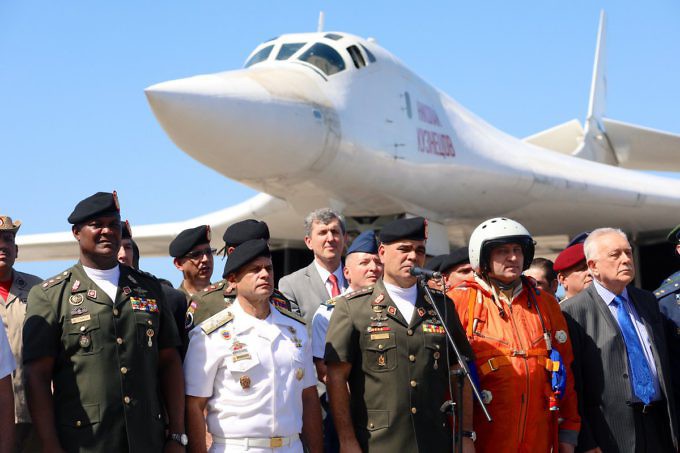
Elliott Abrams says Russians ‘have not abandoned’ Nicolás Maduro despite US president’s tweet
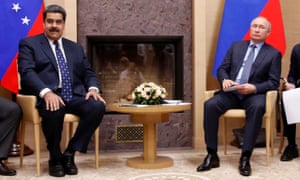
The US special envoy for Venezuela has said that Moscow has “not abandoned” the regime of Nicolás Maduro and that the Russian presence in the South American country has not significantly changed since the failed uprising in April led by opposition leader Juan Guaidó.
Donald Trump tweeted earlier this week that “Russia has informed us that they have removed most of their people from Venezuela”, but the claim was quickly disputed by the Kremlin.
Elliott Abrams, who was appointed as special envoy in January, said on Thursday that the Russian role was not as vital to Maduro’s survival as the Cuban military presence, but remained important. And while some specialist forces may have left the country, he said “the Russians have not abandoned the regime”.
“The Russians are the second greatest outside influence after Cuba. There were, I’d say, a year or two ago, a thousand Russians. Then it was down closer to zero. Then it ticked up again a couple of months ago when about 125 Russians arrived,” Abrams told the Guardian.
“Some of them I assume have left because [they] had specific tasks to conduct and would have completed those tasks and left,” Abrams added. “We believe that one of the things they were doing was repairing air defence systems which had become damaged by the series of blackouts in February. And I think once you do that you don’t need to stay – you’ve completed the task. So the fact that they would leave does not suggest that the Russians are not helping Maduro.”
Russian military advisers flew into Caracas in late March in what has widely seen as a gesture of Kremlin support for the embattled leader in the face of Guaidó’s challenge to his authority.
Guaidó is recognised as Venezuela’s legitimate interim leader by more than 50 countries, including the US, most of Europe and much of Latin America. On 30 April, he declared an uprising to remove Maduro and received emphatic verbal support from the Trump administration, but Guaidó’s appeal failed to convince the Venezuelan military to switch sides.
It is unclear what prompted Trump to claim that “most” Russians had left Venezuela. The Guardian has learned that the Russian foreign minister, Sergey Lavrov, told his US counterpart that there were 96 Russian military personnel left in Venezuela, but US officials believe there may be up to 150 still in the country.
Abrams would not comment on precise numbers but stressed that the Russian presence was considerably smaller than Cuba’s, which he estimated as 2,500, including Maduro’s personal bodyguards.
On Tuesday, the US further tightened restrictions on travel to Cuba by US citizens, and Trump has threatened a “full and complete embargo” on the island if it does not end support for Maduro.
Abrams, a veteran hawk on Latin America, argued that, as US sanctions tighten, Cuba may become more dependent on the flow of Venezuelan oil.
“This is not existential for Russia in any way,” Abrams said. “I think Putin is taking advantage of an opportunity that he saw in the western hemisphere. That opportunity may diminish. It may disappear. It’s not that big a deal for Russia. I think they’re much more flexible about the future of Maduro than the Cubans are.”
Russia’s president, Vladimir Putin, said on Thursday said the west was “crazy” for supporting Guaidó. He described the national assembly leader as “likable” but he warned that the world would plunge into chaos if there were no rules.
“If we adopt this way of coming to power – a man walks into a square, lifts up his eyes to heaven and declares himself president before God – would this be normal or not?” Putin asked news agencies at an economic forum in St Petersburg.
After the failure of the April uprising, the US secretary of state, Mike Pompeo, said that Maduro had a plane ready to fly him to Cuba, but had been persuaded to stay in power by the Kremlin.
In retrospect, Abrams said: “We will never know whether he would have gone because, on and off, over time, he has very often had a plane fuelled and ready to go.”
In off-the-record remarks last week that were leaked to the Washington Post, Pompeo conceded that it was “devilishly difficult” to keep the Venezuelan opposition factions united.
“The moment Maduro leaves, everybody’s going to raise their hands and [say]: ‘Take me, I’m the next president of Venezuela.’ It would be forty-plus people who believe they’re the rightful heir to Maduro,” the secretary of state is quoted as saying.
Asked about the remarks, Abrams said: “I’ve dealt with a lot of democratic oppositions and they’re all fractious. And the reason they’re fractious is that they’re democratic.
“In my experience, the degree of democracy within a movement or party when it is in opposition is predictive of the degree of democracy when it takes power.”
- Previous Japan’s military cooperation with U.S. is source of concern for Russia
- Next Malawi president accuses opposition of wanting to ‘overthrow govt by force’




